'A real health issue:' New rule protects 18K Wisconsin residents from secondhand smoke
MILWAUKEE --Wisconsin public housing residents will be protected from the dangers of secondhand smoke through a new smoke-free housing rule from the U.S. Department of Housing and Urban Development (HUD) implemented Monday, July 30.
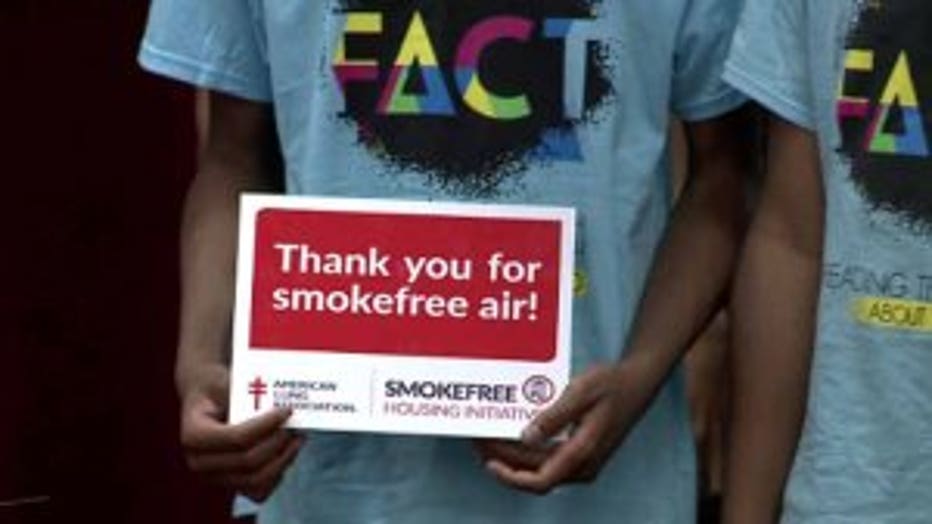
"Secondhand smoke is a real health issue, and it causes lung cancer, asthma, chronic obstructive pulmonary disease," said Harold Wimmer, American Lung Association president and CEO.
In November of 2016, HUD announced a rule requiring all federally-owned public housing to become smoke-free by July 30, 2018. This rule will protect close to two million Americans nationwide from being exposed to secondhand smoke in their homes, including 690,000 children.
"We've also created an environment that is distanced from the entrance and the building, so they still can smoke, but they can't do so on our properties or within their units," said Willie Hines, associate director, City of Milwaukee Housing Authority.
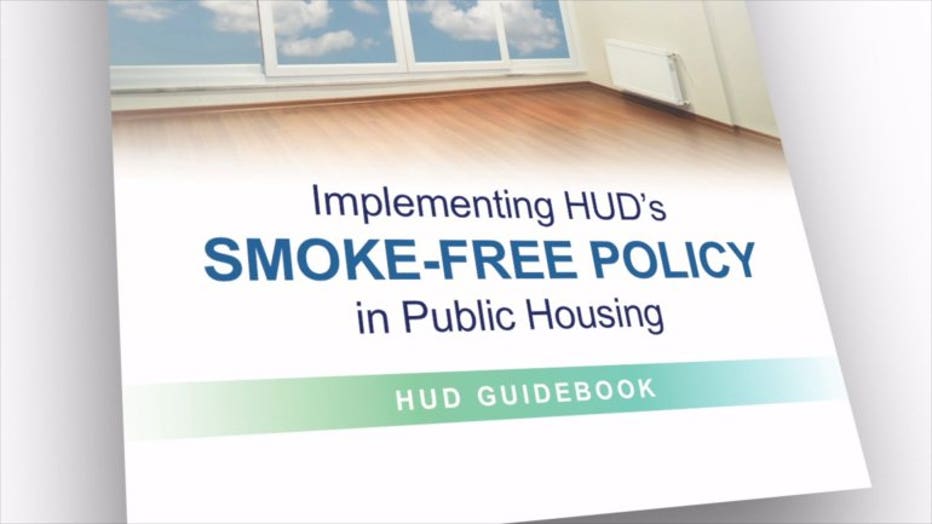
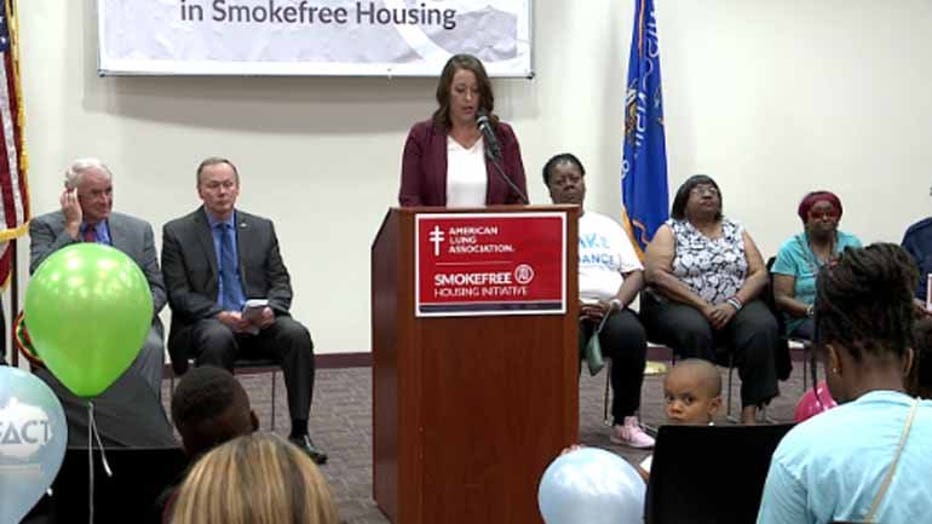
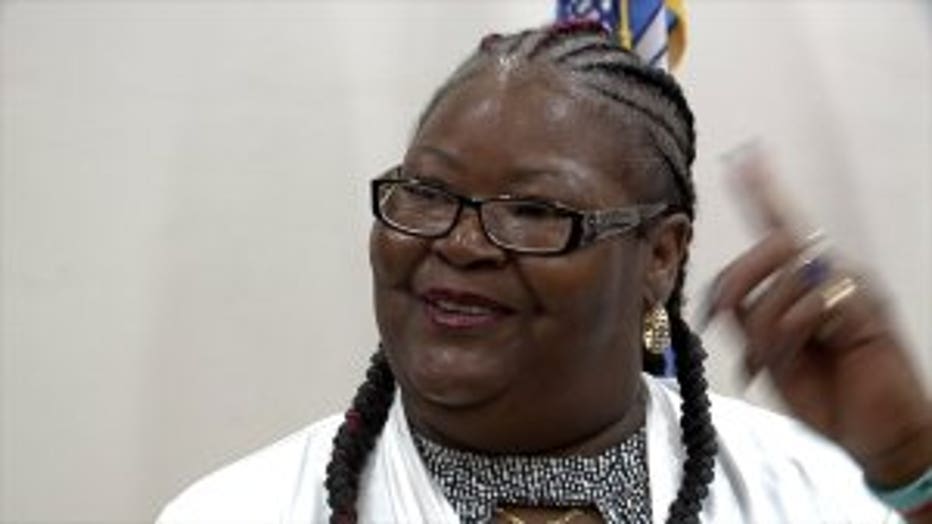
Dorise Hardin
"Nationwide, there's more than two million residents that live in public housing. Of those two million, of the adult population, 40 percent or more smoke cigarettes," said Wimmer.
That's significantly higher than the 15 percent of total adults in the U.S. who smoke. Dorise Hardin used to be one of those people.
"I feel so much better. I feel like running around this room today," said Hardin.
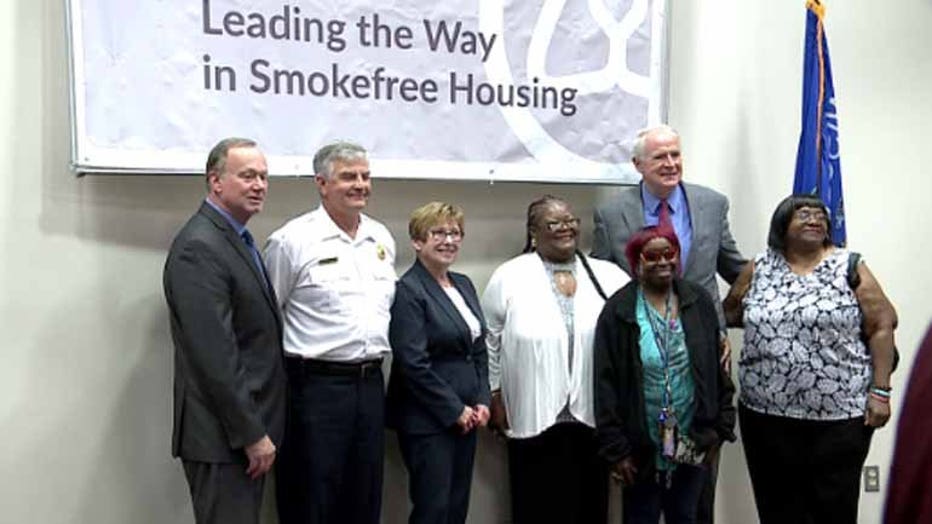
She quit with help from the American Lung Association.
"I don't have the cravings. I don't have the thoughts anymore, and it's been almost two months since I literally had a cigarette. I don't have the thoughts anymore," said Hardin.
Nationally, this rule will protect close to two million Americans nationwide from being exposed to secondhand smoke in their homes, including 690,000 children. In Wisconsin, it protects more than 18,000 residents in local public housing agencies, according to the American Lung Association.

